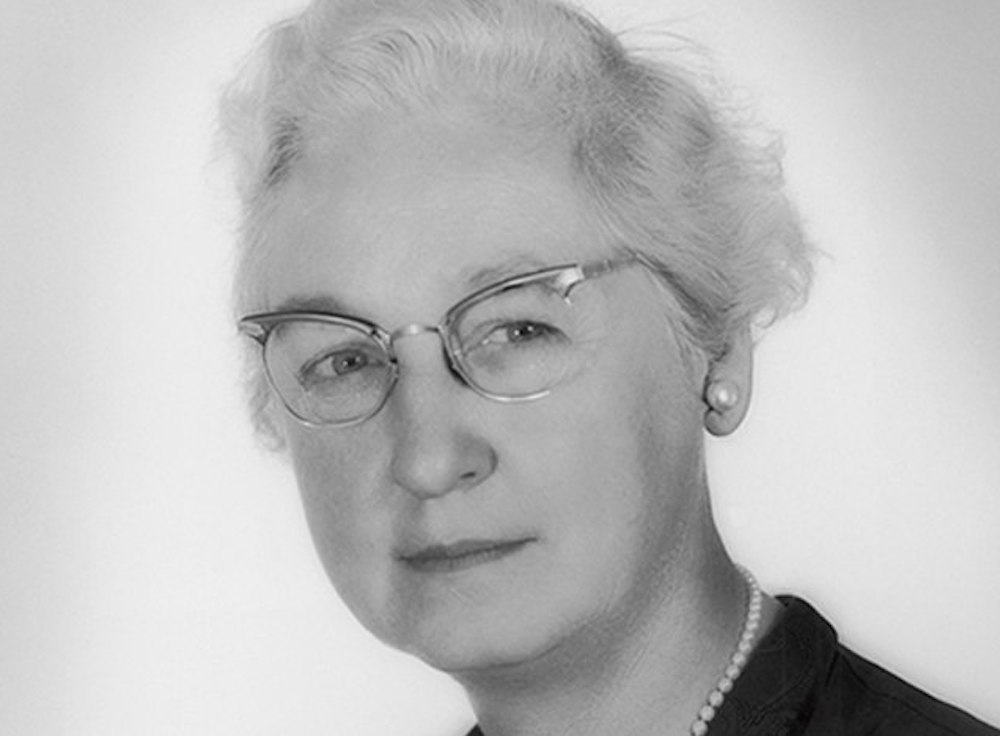
In the past, prenatal problems and complications caused by the trauma of birth went undetected and killed or weakened countless newborns. Dr. Virginia Apgar changed the world of medicine with her system devised to fight against that kind of infant mortality. A physician, anesthesiologist, and medical researcher, she is responsible for the development of the Apgar Score System, a method of quickly evaluating an infant shortly after birth to assess newborn viability.
Dr. Apgar was born in 1909, and before even graduating from high school knew she wanted to be a doctor. She studied zoology with minors in physiology and chemistry at Mount Holyoke College and began her medical training at Columbia University's College of Physicians and Surgeons (P&S), one of only nine women in a class of ninety. She then completed her MD in 1933 and started a two-year surgical internship at Presbyterian Hospital (now the New York-Presbyterian Hospital/Columbia University Medical Center).
Dr. Apgar was encouraged by her first-year mentor Allen Whipple to pursue anesthesiology, as the economic prospects for female surgeons would be very poor during the Great Depression. She became the first female board-certified anesthesiologist in 1937. From 1938, she was director of the department of anesthesiology at Columbia-Presbyterian Medical Center. In 1949, she was appointed a full professor of anesthesiology at P&S, the first woman to hold that rank there.
Dr. Apgar continued teaching and devoted more time to research in obstetrical anesthesia. While the United States infant mortality rate decreased, the number of infant deaths within the first 24 hours after birth remained consistent. Dr. Apgar took note of this, and her investigation led to a scoring system to evaluate the health status of newborns based on their heart rate, respiration, movement, irritability, and color one minute after birth. The Apgar Score was quickly adopted by obstetric teams, has saved countless lives, and remains in use today.
At age 50, Dr. Apgar left Columbia and earned a Master of Public Health degree from the Johns Hopkins School of Hygiene and Public Health. She worked for the March of Dimes Foundation, where she traveled the world, raising awareness about birth defects and raising money for medical research, until her death in 1974. She received many awards and honors, several of them posthumously, including a postage stamp in her honor and induction into the National Women's Hall of Fame.
